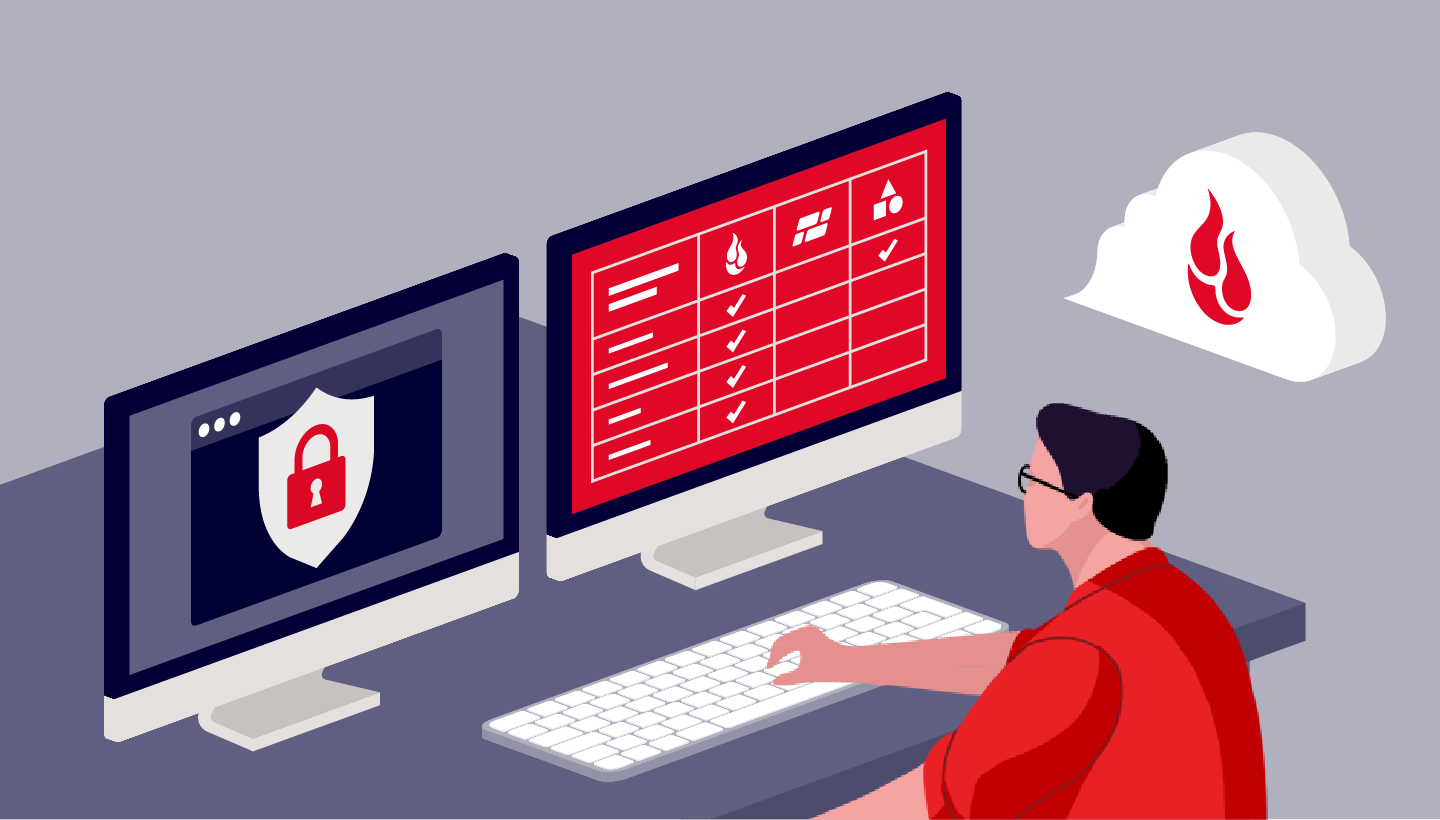Just filing taxes can be stressful enough. The last thing you need is a hassle with the IRS or your state’s Department of Revenue because you’ve lost or misplaced necessary paperwork.
So how long should you keep your tax records? The IRS recommends you keep records for up to 7 years. Don’t let data insecurity add to your tax season stress: make sure your digital tax files and any supporting documentation are well-protected with these tips.
Prepare Backups From Your Tax Prep Software
If you’re using TurboTax or another app to prepare this year’s taxes, make sure to save a copy of your tax data file on your device. And to be extra safe, export it to a universal format. A read-only format like PDF will do the job. The important thing is that you can look at the information you’ve submitted without needing proprietary software.
Intuit offers instructions on its web site to perform a TurboTax file backup. TaxAct also offers instructions for TaxAct file backup. If you’re using another tax prep software package, make sure to check the Help files or online support documentation for instructions on saving and exporting your tax data files.
The same goes for any accompanying files you’ve used as supporting documentation: scanned receipts, bank statements, 1099s, real estate tax, mortgage statements, insurance receipts, and any other records you’ve accounted for on your tax forms. Digital copies — file formats like JPG, GIF or PDF — are fine with the IRS, as long as they’re legible.
Put them all of your records in a “Taxes Year ####” folder that’s stored prominently in your Documents folder, or wherever you keep the digital records that are most important to you.
Back Up Your Tax Returns Locally and Offsite
Once you’ve got all your tax return files in a single location, back them up. Start by saving your data locally using Time Machine, Windows Backup, cloning software, or whichever method you prefer. Don’t rest on your laurels with that, though: you need offsite backup, too, to make sure that your data is safe no matter what happens.
Backblaze customer? Rest assured that Backblaze backs up that folder you created safely and securely. Backblaze backs up all your important files.
You can (and should) verify your files are being backed up from time to time. You should also test your backup periodically to make sure everything’s working as you expect.
Encrypt your tax records when transmitting and storing them in the cloud. Encryption is built-in to Backblaze. The same can’t be said for all cloud services, so check with other services to make they protect your data. Password-protecting individual files and folders adds another layer of protection.
If you’re not ready to come up with a complete backup strategy and are just looking for a quick fix, start with Backblaze and a USB thumbstick. Copy your files to the thumbstick and store it somewhere safe. If you’re not already backing up your computer, we can help. We’ve published guidelines for you in our Computer Backup Guide.
Don’t Depend On Just Any Cloud
Intuit used to offer a Backup to Cloud service for Turbotax customers. They later canceled the service the following year. Intuit gave only a short period to save the data before deleting it. That was a critical reminder for anyone to keep multiple copies of important documents.
You wouldn’t want what happened to Myspace files to happen to your tax documents. Myspace lost millions of users’ uploaded music files, videos, and photos due to a botched server migration. If MySpace was the only place those customers kept those files, they lost everything.
It may sound odd coming from us (as a cloud storage company), but we wouldn’t depend alone on iCloud or any other cloud storage or sync solution. Keep a local backup and a cloud backup — that way you’ll be able to restore no matter what happens.
Some people like to add an extra layer of redundancy by printing out paper records of their tax returns too — a truly universal file format. If you have the space to do it and can store them safely, it couldn’t hurt. Mark them for deletion no less than 3-7 years from your filing date.
Give Copies To Someone (or Something) You Trust
For an extra layer of redundancy, pass along copies of your tax documents to someone you trust for safekeeping. A spouse or close family member, accountant, attorney — whomever you think can be trusted to keep the documents safe. It’s the real-life equivalent to our 3-2-1 Backup Strategy because the goal here is to keep a copy offsite for safekeeping with a trusted third party (like Backblaze). Perhaps exchange thumbsticks with a family member or friend, so you both have offsite copies. If you wish, you can encrypt your thumbdrive for privacy. We suggest FileVault for Mac and Bitlocker for Windows to encrypt the USB thumbdrive.
Don’t Let Backing Up Be Taxing
It has been said that it’s impossible to be sure of anything but death and taxes. We can’t help you with the former, but hopefully we’ve given you some good ideas on how to make the latter less stressful by making sure all your tax data is available, secure, and safely archived. That way, if and when you eventually need it, it’ll be no more than a few taps or clicks away. If you have other ideas for good tax backup solutions, sound off in the comments — we want to hear from you.
• • •
Note: This post was updated from April 6, 2017.





